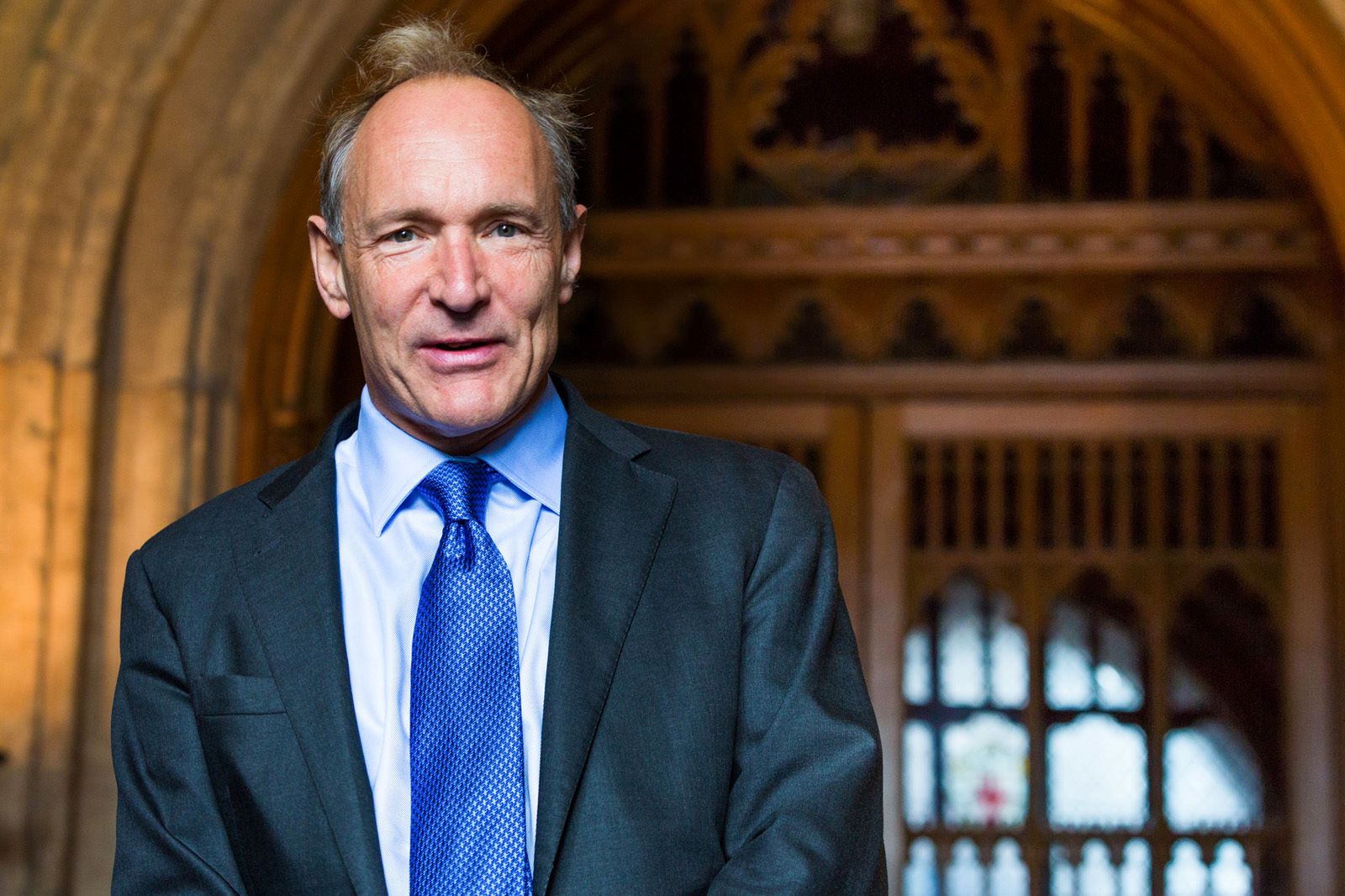
Timothy Berners-Lee is a name that resonates with anyone familiar with the internet. But who is he, and why is he so important? Tim Berners-Lee is the inventor of the World Wide Web, a groundbreaking innovation that transformed how we access and share information. Born on June 8, 1955, in London, England, he grew up in a tech-savvy family, which fueled his passion for computers. His creation of the first web browser and web server in 1989 laid the foundation for the internet as we know it today. Berners-Lee didn't just stop there; he continues to advocate for an open and accessible web for everyone. Ready to dive into more intriguing facts about this internet pioneer? Let's get started!
Early Life and Education
Timothy Berners-Lee, the inventor of the World Wide Web, has a fascinating background. Let's explore some key facts about his early life and education.
-
Born on June 8, 1955, in London, England, Timothy John Berners-Lee grew up in a family of mathematicians and computer scientists.
-
His parents, Conway Berners-Lee and Mary Lee Woods, both worked on the Ferranti Mark 1, the world's first commercially available general-purpose computer.
-
Berners-Lee attended Sheen Mount Primary School and later went to Emanuel School in London, where he developed an interest in electronics.
-
He built his first computer using a soldering iron, TTL gates, an M6800 processor, and an old television.
-
In 1973, he enrolled at Queen's College, Oxford, where he earned a first-class degree in physics.
Career Beginnings
Before creating the World Wide Web, Berners-Lee had an interesting career trajectory. Here are some facts about his early professional life.
-
After graduating from Oxford, he worked as an engineer at Plessey Telecommunications, one of the largest telecommunications companies in the UK.
-
In 1980, he joined CERN (European Organization for Nuclear Research) as a consultant, where he proposed a project based on hypertext to facilitate sharing and updating information among researchers.
-
During his time at CERN, he developed a prototype system called ENQUIRE, which laid the groundwork for the World Wide Web.
-
Between 1981 and 1984, he worked at Image Computer Systems, where he gained experience in real-time control systems, graphics, and communications software.
Invention of the World Wide Web
Berners-Lee's most significant contribution to technology is undoubtedly the World Wide Web. Here are some key facts about its invention.
-
In 1989, while working at CERN, he proposed a global hypertext project to allow researchers to share information easily. This proposal became the foundation of the World Wide Web.
-
By Christmas 1990, Berners-Lee had implemented the first successful communication between a Hypertext Transfer Protocol (HTTP) client and server via the internet.
-
He created the first web browser, called WorldWideWeb (later renamed Nexus), and the first web server, known as CERN HTTPd.
-
The first website, http://info.cern.ch, went live on August 6, 1991, providing information about the World Wide Web project.
Later Achievements and Honors
Berners-Lee's contributions to technology have earned him numerous accolades. Here are some notable achievements and honors.
-
In 2004, he was knighted by Queen Elizabeth II for his pioneering work on the World Wide Web.
-
He received the Turing Award in 2016, often referred to as the "Nobel Prize of Computing," for inventing the World Wide Web, the first web browser, and the fundamental protocols and algorithms allowing the Web to scale.
The Legacy of Timothy Berners-Lee
Timothy Berners-Lee's contributions to the digital world are monumental. Inventing the World Wide Web changed how we access and share information. His vision for a free and open internet has shaped modern communication, commerce, and education. Berners-Lee's work with the World Wide Web Consortium (W3C) ensures that web standards remain open and accessible to everyone. His commitment to privacy and data rights continues to influence internet policies globally.
Understanding Berners-Lee's journey helps us appreciate the internet's evolution and its impact on our daily lives. From his early days at CERN to his ongoing advocacy for a decentralized web, his legacy is a testament to innovation and dedication. As we navigate the digital age, remembering the principles he championed can guide us toward a more inclusive and equitable online world.
Was this page helpful?
Our commitment to delivering trustworthy and engaging content is at the heart of what we do. Each fact on our site is contributed by real users like you, bringing a wealth of diverse insights and information. To ensure the highest standards of accuracy and reliability, our dedicated editors meticulously review each submission. This process guarantees that the facts we share are not only fascinating but also credible. Trust in our commitment to quality and authenticity as you explore and learn with us.


